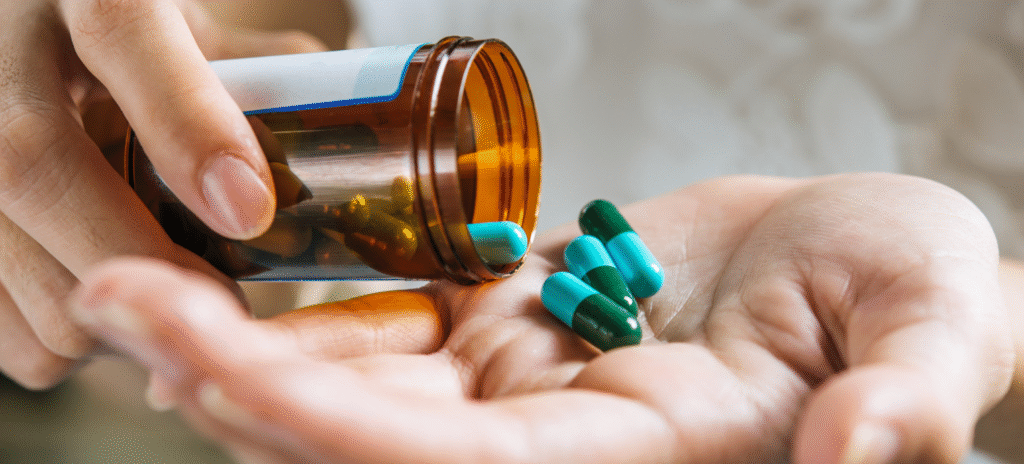In late summer 2023, customers were uneasy about the disclosure of private information when it was revealed that PostMeds, the company that created the digital pharmacy Truepill, had experienced a data breach. In contrast to a credit card that has been stolen and can be promptly cancelled, prescription data is extremely personal and can reveal details about medical conditions, drugs, and even treating doctors. Affecting approximately 2.36 million people, this breach was not only technological but also deeply human.
Following months of discussions and growing litigation, PostMeds reached a settlement of $7.5 million. Although the outcome was remarkably successful in bringing the legal chapter to a close, many victims contend that monetary compensation is insufficient to convey the emotional toll. Class members are entitled to prorated payments, estimated at between $45 and $240, while those who have not suffered direct financial harm may claim up to $4,000 in documented out-of-pocket losses. A year of identity monitoring, which could be especially helpful in averting future harm, is also available to all students in the class.
Similar-sized healthcare breaches, like the Anthem and Scripps Health cases, which both required the companies to pay much larger settlements, have been compared in recent days. Although the PostMeds case is smaller in terms of money, it serves as a stark reminder that telehealth providers need to take security just as seriously as they do medical care. When patients disclose their most private medical information, they anticipate that it will be kept private.
PostMeds Settlement – Key Facts
| Item | Details |
|---|---|
| Company | PostMeds, Inc. (operating as Truepill) |
| Industry | Online Pharmacy / Telehealth Fulfillment |
| Incident | Data breach between August 30 and September 1, 2023 |
| Individuals Affected | Approximately 2.36 million customers |
| Settlement Amount | $7.5 million |
| Eligibility | All U.S. residents notified that their data was compromised |
| Claims | Up to $4,000 for documented losses; pro-rated cash ($45–$240 est.); one year of data monitoring services |
| Claim Deadline | May 12, 2025 |
| Final Approval | Pending court decision, expected mid-2025 |
| Legal Representation | Milberg Coleman Bryson Phillips Grossman PLLC; Hausfeld LLP; Pearson Warshaw LLP |
| Court Case | In Re: PostMeds, Inc. Data Breach Litigation |
| Reference Website | https://truepillsettlement.com |

The consolidated lawsuit highlighted PostMeds’ failure to put reasonable safeguards in place and accused the company of negligence, breach of contract, and violations of state privacy laws. By pointing to weaknesses in staff training and encryption, lawyers contended that the breach could have been avoided. Additionally, the filings highlighted that although PostMeds benefited from the quick growth of telehealth, it did so without constructing particularly resilient infrastructure against cyberattacks.
By using technology, PostMeds was able to develop a very flexible service that allowed millions of people to obtain prescription drugs at a surprisingly low cost and with ease. But this efficiency turned into a weakness. Knowing how valuable prescription data is, hackers took advantage of system flaws. The case demonstrates how expansion without strong security can be fraught with dangers that erode public confidence.
Benefits from the settlement go beyond financial gain. Stronger cybersecurity protections, improved staff training, and updated procedures are all part of the agreement. Although most people are unaware of these precautions, they could be incredibly successful in safeguarding potential clients. This kind of structural improvement is just as important for a company trying to regain its reputation as monetary compensation.
Patients who were impacted by the hack posted their feelings on social media. Some people said it was embarrassing because they knew that strangers might see their private prescriptions. Others were worried about insurance issues or the stigma associated with conditions in their medical records. Such responses bear a striking resemblance to previous health data breaches, in which the loss of dignity rather than monetary loss is the most significant harm.
Beyond merely compensating the company, the settlement reflects broader societal concerns regarding digital healthcare. The adoption of telehealth exploded during the pandemic, emerging as a particularly obvious remedy for the shortage of in-person care. But new vulnerabilities were brought about by this very convenience. Companies have occasionally put speed ahead of security in the last ten years as patients have enthusiastically embraced app-based services. The case of PostMeds demonstrates that society will no longer tolerate such compromises in the absence of accountability.
This settlement is exceptionally novel because it focuses on both victim compensation and business reform. PostMeds intends to demonstrate that it has learned from the breach by simplifying operations while bolstering security measures. Both lawyers and regulators view this as a possible template for upcoming settlements involving healthcare data.
There are far-reaching consequences for the industry as a whole. Larger players in the digital health space, including competitors like Capsule and PillPack, might feel pressured to implement extremely effective safeguards before they are sued in a similar manner. As a result of the settlement, even startups and rapidly expanding businesses need to adhere to the same standards as established healthcare providers.
In terms of consumer trust, this case demonstrates a fine line. In the event that the systems are incredibly dependable, patients are willing to adopt technology that makes care more accessible. Years of advancement could be reversed by a single hack, which would push consumers back toward conventional pharmacies. For digital healthcare to continue to gain traction, businesses need to demonstrate that security is a core priority rather than an afterthought.
The PostMeds settlement ultimately signifies a fresh start as well as closure. It provides victims with monitoring services and financial relief that are significantly better than previous settlements in healthcare data cases. For PostMeds, it’s a chance to restore confidence by implementing improved procedures and more robust systems. For society, it serves as a reminder that creativity and responsibility go hand in hand.

